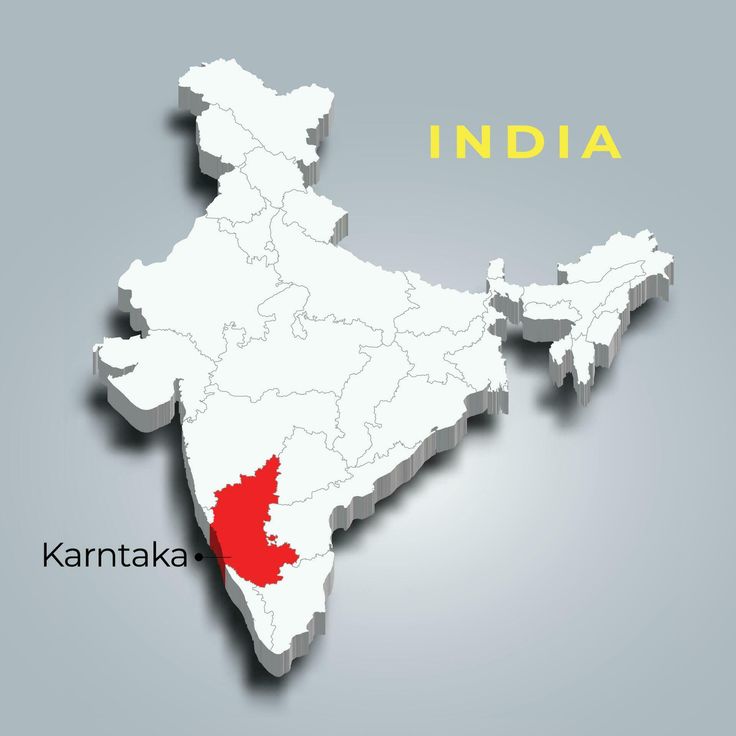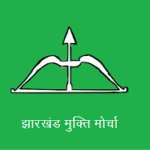Karnataka: 10 Incredible Insights Into the State’s History, Culture, and Importance
Introduction
Karnataka, a state located in the southwestern region of India, is known for its rich history, cultural diversity, and economic significance. From the Chalukya and Vijayanagara empires to its modern-day contributions to technology and education, Karnataka has left a lasting mark on the cultural and economic fabric of India. This article explores the history, daily life impacts, and significance of Karnataka, along with essential facts and observations that make it a crucial part of Indian society.
History
The history of Karnataka is as varied and vast as the landscapes that stretch across its borders. In ancient times, the region was ruled by several powerful dynasties. The most notable among them was the Chalukya dynasty, which laid the foundations for Karnataka’s culture and architecture. The Chalukyas were responsible for building several iconic temples and forts, including the famous Badami caves and Aihole temples, which continue to attract tourists and scholars alike.
The Vijayanagara Empire, one of the most prosperous and influential kingdoms in Indian history, also had a significant influence on Karnataka’s culture and development. Under the rule of Krishnadevaraya, the empire reached its zenith in terms of territorial expansion, art, and architecture. The remnants of the Vijayanagara Empire can be seen today in the Hampi ruins, which are a UNESCO World Heritage site and a testament to the empire’s grand architectural achievements.
The state was also home to several other prominent dynasties, such as the Rashtrakutas and the Wodeyars, who contributed to Karnataka’s cultural heritage and governance. In the modern era, Karnataka played a crucial role in the Indian independence movement, with figures like Kengal Hanumanthaiah and S. Nijalingappa taking on key roles in shaping the state’s political and social landscape.
Daily Life
Life in Karnataka is a harmonious blend of the traditional and modern, with rural communities continuing to practice farming and local crafts, while urban centers like Bengaluru (Bangalore) thrive as hubs of technology, education, and business.
In rural areas, people mostly engage in agriculture, cultivating crops like rice, sugarcane, groundnuts, and coffee. Karnataka is one of the largest producers of coffee in India, particularly in the Coorg region, which is famous for its coffee plantations. The state also has a rich tradition of handlooms, with places like Mysore and Ilkal known for their unique silk and cotton textiles.
Urban life, particularly in cities like Bengaluru, is fast-paced and heavily influenced by the state’s booming IT sector. Bengaluru has earned its nickname, “Silicon Valley of India”, due to its thriving technology industry, which attracts professionals from all over the world. The city is also home to prestigious educational institutions like Indian Institute of Science (IISc) and Indian Institute of Management (IIM), which contribute to the state’s prominence as a hub for higher education.
Despite these modern developments, Karnataka has managed to preserve its traditional arts and crafts, such as Karnataka classical music, Yakshagana (a form of traditional theatre), and Kalamkari art. These practices are still widely celebrated through festivals and community events.
Key Facts
- Capital City: The capital of Karnataka is Bengaluru (Bangalore), a major technological, cultural, and educational hub.
- Rich Cultural Heritage: It is known for its classical music, dance, and art forms, with a long history of traditional performances and festivals.
- Land of Empires: It was home to powerful dynasties such as the Chalukyas, Vijayanagara, and Rashtrakutas, each of which left a lasting impact on the state.
- Famous Tourist Destinations: It boasts several historical and natural sites, including Hampi, Badami, Coorg, and Kabini, known for their temples, wildlife, and natural beauty.
- Coffee Capital: It is one of India’s largest coffee producers, especially known for its coffee plantations in Coorg and Chikmagalur.
- Technology Hub: Bengaluru is home to numerous IT giants, including Infosys, Wipro, and Tata Consultancy Services, contributing significantly to India’s tech industry.
- Traditional Cuisine: It cuisine is known for its spicy dishes, including Bisi Bele Bath, Ragi Mudde, and Mysore Pak.
- Vibrant Festivals: It celebrates numerous festivals, including Makar Sankranti, Ugadi, Dasara, and Karaga, each with its own cultural significance.
- Economy: It has a mixed economy, with agriculture, manufacturing, and services sectors playing key roles. The state is also one of the largest producers of mineral resources.
- Language: The official language of Karnataka is Kannada, which is also widely spoken by the people of the state.
Significance
It holds immense significance both in terms of its historical contributions and its modern-day economic impact. The state is often at the forefront of technological advancements, with Bengaluru being home to several global technology companies and startups. Karnataka’s contribution to education is equally notable, with its universities and research institutions earning international acclaim.
In terms of culture, Karnataka’s classical arts, literature, and folk traditions remain an integral part of India’s diverse cultural fabric. Festivals like Dasara in Mysore and Karaga in Bengaluru draw huge crowds and contribute to the tourism industry, boosting the state’s economy.
Additionally, Karnataka plays a key role in agriculture, with its fertile lands producing a variety of crops, including rice, coffee, and groundnuts. The state is also known for its production of silk, handicrafts, and spices, which have gained recognition in national and international markets.
Observances and Wishing
It celebrates several festivals and observances that reflect its diverse culture. Ugadi, the Kannada New Year, is celebrated with much enthusiasm, as is the grand Dasara festival in Mysore, which honors the victory of good over evil. The Karaga festival, which is celebrated in Bengaluru, is also an important cultural observance for the state’s people.
Wishing the people of Karnataka during these festivals and observances is a gesture of goodwill, respect for their culture, and appreciation for their contributions to Indian society.
FAQs
- What is Karnataka famous for? It is famous for its rich cultural heritage, coffee plantations, historical sites, and thriving IT industry.
- What is the capital of Karnataka? The capital of Karnataka is Bengaluru, a major technology hub in India.
- Which dynasties ruled Karnataka? It was ruled by several prominent dynasties, including the Chalukyas, Vijayanagara Empire, and Rashtrakutas.
- What are some famous tourist destinations in Karnataka? Some famous tourist destinations include Hampi, Mysore, Coorg, Kabini, and Badami.
- What languages are spoken in Karnataka? The official language is Kannada, but Tulu, Urdu, and Hindi are also spoken in various regions.
Conclusion
It is a state that beautifully balances its rich history with modern innovation. From its ancient empires and cultural traditions to its role as a leading technology hub, Karnataka has established itself as one of India’s most influential states. The daily life of its people is shaped by a mix of agriculture, technology, and cultural practices, making Karnataka a place where the past and future coexist harmoniously. As the state continues to grow and evolve, its contributions to India’s economy, culture, and society will remain pivotal for years to come.










